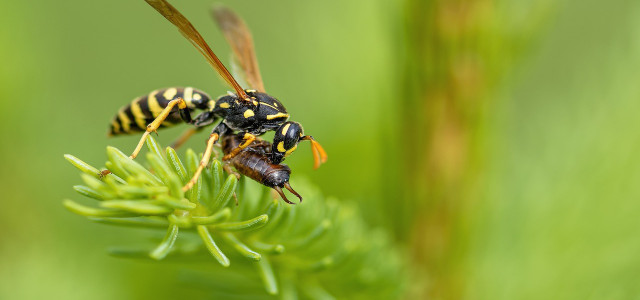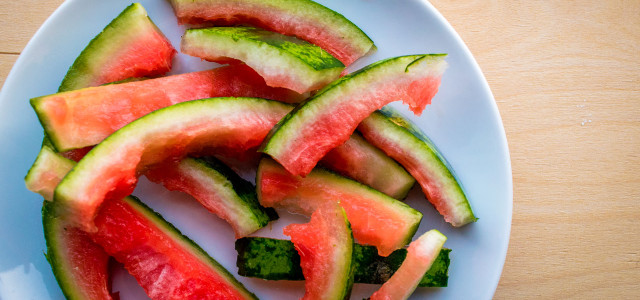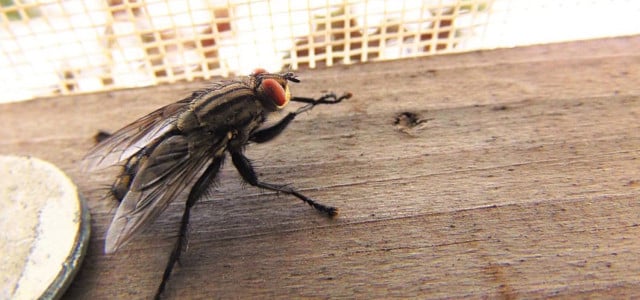During the late summer months, wasps are everywhere. Most of the time they are harmless — though the number of deaths from hornet, wasp, and bee stings in the United States has been rising. We’ll show you how to keep wasps away: here are 10 ways to repel wasps without harming them.
As the temperatures start to drop and children start getting ready to go back to school, most of us are trying to soak up the last bit of summer. Hanging out outdoors at this time of the year means you’ll need to know how to keep wasps away.
Whether it’s afternoons by the pool, outdoor activities, or barbecues — when sweet food, drinks, and meat are on display, so are those pesky little black and yellow insects. Many people are afraid of wasps because of their painful stings. Nevertheless, as long as you remain calm, they are generally harmless. We’ll explain the best ways to repel wasps without harming them.
Did you know? Despite their bad reputation, wasps are useful animals because they eat pests and are a food source for birds.
How to Keep Wasps Away: 10 Tips
Caught the attention of a wasp? Here is the right way to react:
Stay calm! Do not swat or blow at the wasps — the carbon dioxide in your breath has an alarming effect on them. They can also smell your fear sweat, which can cause them to be more aggressive.
How to Keep Wasps Away From your Picnic or Barbecue:
- Cover all drinks and open food containers — in the late summer and early fall, wasps turn their attention to sweet foods.
- To repel wasps, avoid wearing bright colors or floral patterns: the more you resemble a flower, the more likely wasps are to buzz around you.
- Minimize your use of strong scents and perfumes: sweet smells attract wasps.
- Don’t swat or squash them — they release a pheromone when squashed which attracts nearby wasps.
- To keep wasps away from where you’re seated, plant aromatic herbs, such as citronella, thyme, and spearmint around your patio and backyard area for protection all summer long.
- If you have fruit trees, harvest the fruit when ripe, and be sure to pick up all the fallen fruit.
- Place a plate of cut fruit and sugar water at least 25 feet away from your patio to distract the wasps from your own food.
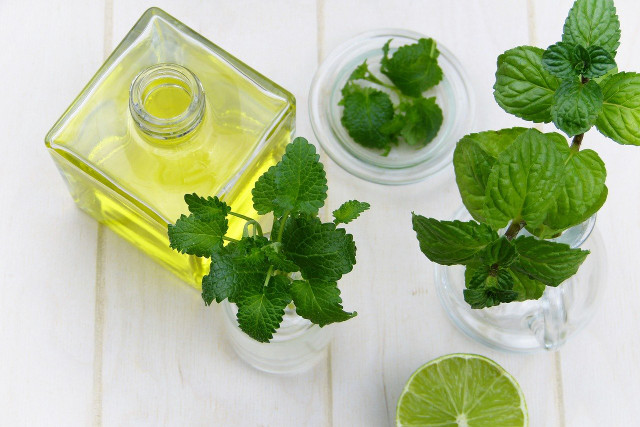


Additional Ways to Repel Wasps:
- Mix together equal parts peppermint oil and water and dab it on your body and clothing.
- Add a few drops of clove oil, geranium oil, and lemongrass oil to a container with water. To repel wasps, spray the blend in areas where you suspect they may be.
- Fill a brown paper bag with air and twist off the top to resemble a wasp nest, then hang the inflated bag near the area you want them to avoid. The “nest” will keep the wasps away.
If you find a wasp nest on your property, you should do the following:
- If possible, leave the nest alone until November or December: once it has been abandoned, you can remove it with little risk.
- Call a pest control professional to remove large nests.
- Once removed, clean the area thoroughly as wasps leave scent trackers behind to find their way back.
What Happens if I Get Stung by a Wasp?
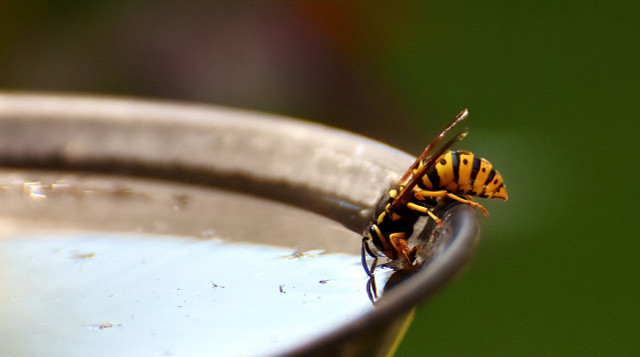


Your efforts to keep wasps away have failed? If you manage to get stung, you can treat the sting with various home remedies — for example:
- Soak a cotton ball with white vinegar and apply to the sting location
- Make a paste of baking soda and water, apply to the sting and leave on for at least 30 minutes
- Cut an onion in half and place on the location of the sting
- Cool the sting with cool packs.
Normally wasp stings are harmless. However, if you are experiencing symptoms of an allergic reaction such as difficulty breathing, hives, or dizziness, contact your local emergency services immediately or have someone take you to the ER. You should also seek medical attention if you have been stung multiple times or if your sting symptoms do not improve after a few days.
This article has been translated from German to English by Karen Stankiewicz. You can read the original here: Keine Panik: 10 Tipps gegen Wespen
** Links to retailers marked with ** or underlined orange are partially partner links: If you buy here, you actively support Utopia.org, because we will receive a small part of the sales proceeds. More info.Do you like this post?






